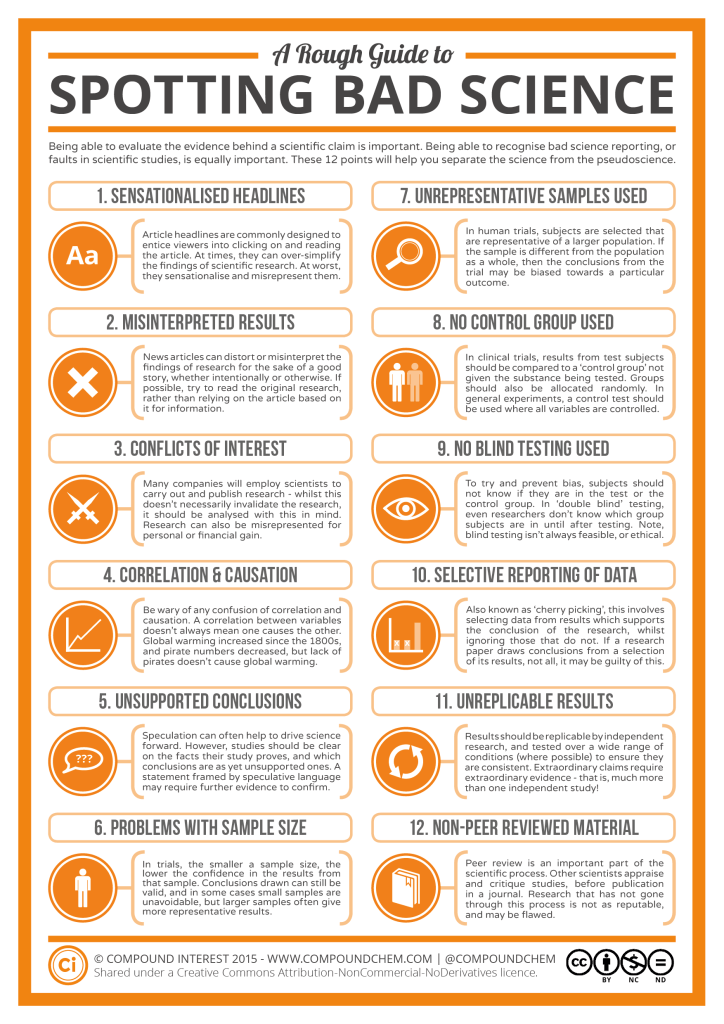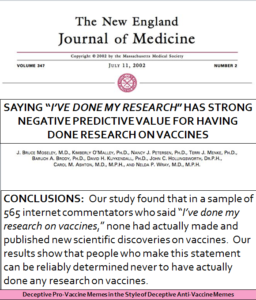“Nothing in all the world is more dangerous than sincere ignorance and conscientious stupidity.” Martin Luther King, Jr.
I think everyone would agree that the current US presidential election has been one for the history books … and not in a good way. One of the running themes in this election has been how many people do not understand the difference between a verified fact and something they saw on “the interwebs”. That “doing research” to far too many in the US means Googling until they find a website that supports their opinion (and ignoring any other source that does not). Those involved in science communication have long been aware of this problem, especially those involved in communicating issues such as climate change, evolution and health issues. However, perhaps now more of the country is aware that the lack of public understanding of what a fact is has become a major problem, and how substantive the proportion of the country is that can’t tell the difference between a fact and a belief or opinion or, quite frankly, a bold-faced lie. Perhaps now more people realize how dangerous it can be when facts no longer matter.
“The greatest obstacle to discovery is not ignorance – it is the illusion of knowledge.” Daniel J. Boorstin
It is now more urgent than ever that the US education system introduce into middle school class content on: (a) how to do research properly on the internet; (b) the difference between a “fact” and an opinion; and (c) what is a suitable source of information. We should also bring back classes on logical reasoning and critical thinking, in particular all children should taught about the logical fallacies, so they can detect them when they see them them. While we’re at it why not teach them what the scientific method actually is, and the difference between “theory” in the scientific sense and the colloquial sense…

Logical fallacies
While we’re at it,when school kids start learning about science, why not tell them about how to be critical when they see scientific information in the media, and how to tell “good” from “bad” science (see also “The Good, the bad and the ugly science”) .

How to spot bad science (a poster available from: http://www.compoundchem.com/)
Perhaps we can use the current election as a wake up call for understanding the importance of factual accuracy and logic.
“They say a little knowledge is a dangerous thing, but it’s not one half so bad as a lot of ignorance.” Terry Pratchett
P.S. For more on this issue of “good” vs “bad” science why not try our article in Frontiers in Marine Science: The good, the bad and the ugly science: examples from the marine science arena. doi: 10.3389/fmars.2015.00033
